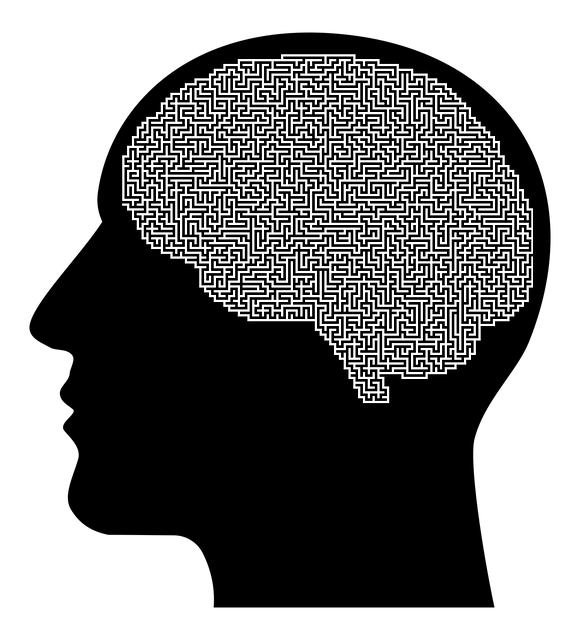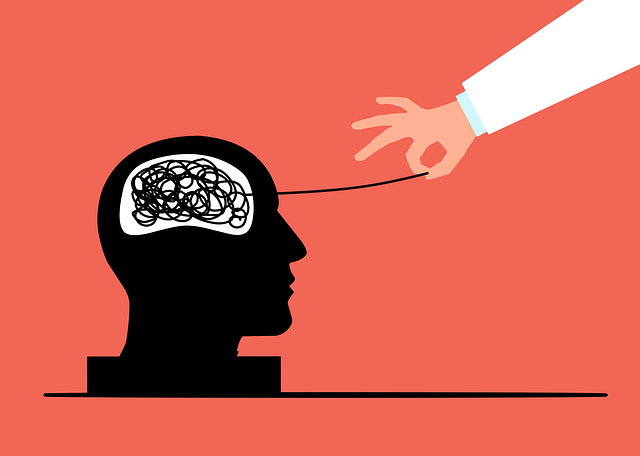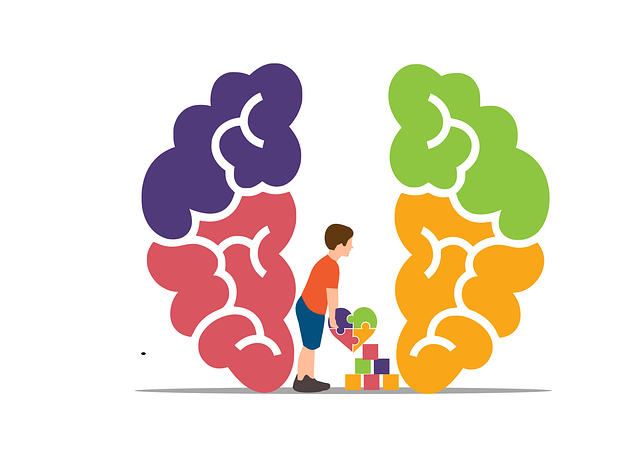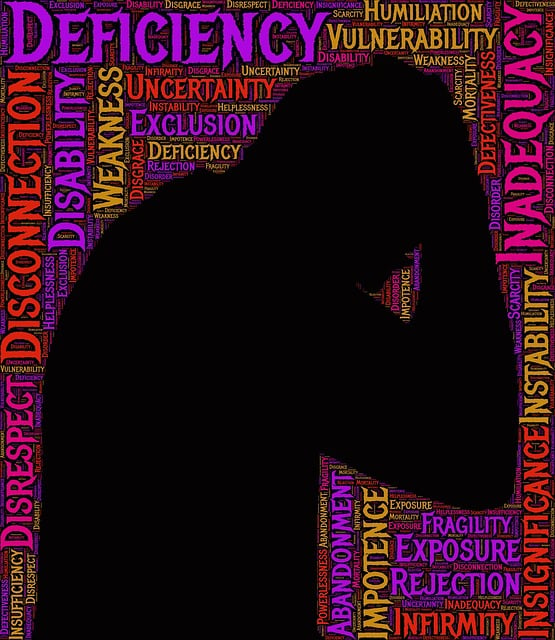Understanding Mental Health Data is a key step in delivering effective Denver French Speaking Therapy. This involves collecting and preparing data from clinical assessments, client surveys, and therapy sessions. Advanced statistical modeling and machine learning, combined with qualitative methods like narrative therapy, enable personalized treatment plans tailored to diverse populations. By analyzing datasets, professionals identify cultural barriers and language-related anxieties, leading to targeted therapy programs and improved community mental health services in Denver French Speaking Therapy settings.
Mental health data analysis is a powerful tool for understanding and improving therapeutic outcomes, especially within targeted communities like Denver’s French-speaking population. This article delves into the process of collecting, preparing, and analyzing mental health data, highlighting advanced techniques to extract meaningful insights. We explore how these findings can be directly applied in Denver French Speaking Therapy settings, enhancing care personalization and overall community well-being.
- Understanding Mental Health Data: Collection and Preparation
- Advanced Analysis Techniques for Insights
- Interpreting Results: Applying Findings in Denver French Speaking Therapy
Understanding Mental Health Data: Collection and Preparation

Understanding Mental Health Data is a crucial step in any analysis process, especially when aiming to provide effective Denver French Speaking Therapy. The first phase involves meticulous data collection, ensuring all relevant information is gathered from diverse sources such as clinical assessments, client surveys, and interactions during therapy sessions. This data can include symptoms, treatment outcomes, and demographic details, offering a holistic view of mental health trends within the community.
Preparation of this data requires a systematic approach. It involves cleaning and organizing the collected information to eliminate errors and inconsistencies. Techniques like data normalization, handling missing values, and categorizing variables are employed to ensure the accuracy and reliability of the dataset. This step is vital as it forms the foundation for insightful analysis, enabling therapists and researchers to gain valuable insights into clients’ mental wellness, ultimately informing the development of compassionate cultivation practices and self-awareness exercises tailored to individual needs.
Advanced Analysis Techniques for Insights

In the realm of mental health data analysis, advanced techniques are transforming how we gain insights into client journeys and outcomes. Through sophisticated statistical modeling, machine learning algorithms can uncover hidden patterns and correlations within large datasets, allowing for a more nuanced understanding of what drives mental wellness and what interventions are most effective. This approach, often combined with qualitative analyses like narrative therapy, offers healthcare providers in Denver French-speaking communities powerful tools to personalize treatment plans tailored to individual needs.
By integrating these advanced analysis techniques, mental health professionals can delve deeper into the complex factors influencing client experiences. For instance, compassion cultivation practices and mind over matter principles, when measured and evaluated using robust data methods, can provide evidence for their effectiveness in treating specific conditions. Moreover, this level of analysis supports healthcare provider cultural competency training by identifying culturally relevant therapeutic approaches that resonate with diverse populations within Denver’s vibrant French-speaking community.
Interpreting Results: Applying Findings in Denver French Speaking Therapy

Interpreting the results of mental health data is a critical step in applying effective therapies, particularly within specialized contexts like Denver French Speaking Therapy. This process involves translating complex numbers and trends into actionable insights that can guide treatment plans. By analyzing patterns within the community, therapists can tailor interventions to meet the unique needs of their French-speaking population. For instance, data might reveal specific challenges faced by this demographic, such as cultural barriers to care or language-related anxiety, which can inform the development of tailored therapy programs.
The findings from such analysis have practical applications, including the implementation of a Community Outreach Program that addresses these identified issues. Additionally, crisis intervention guidance can be enhanced based on data-driven insights, ensuring culturally sensitive and effective support during times of emergency. Moreover, burnout prevention strategies for healthcare providers working with this population can be refined to sustain long-term mental health services in Denver French Speaking Therapy settings.
Mental health data analysis is a powerful tool that, when applied thoughtfully, like in Denver French Speaking Therapy, can revolutionize understanding and treatment. By employing advanced techniques to interpret complex data, therapists can uncover valuable insights guiding personalized care. This tailored approach enhances outcomes for diverse populations, making mental healthcare more effective and accessible. Through continuous exploration and innovation in data analysis, professionals can navigate the ever-evolving landscape of mental health support.














